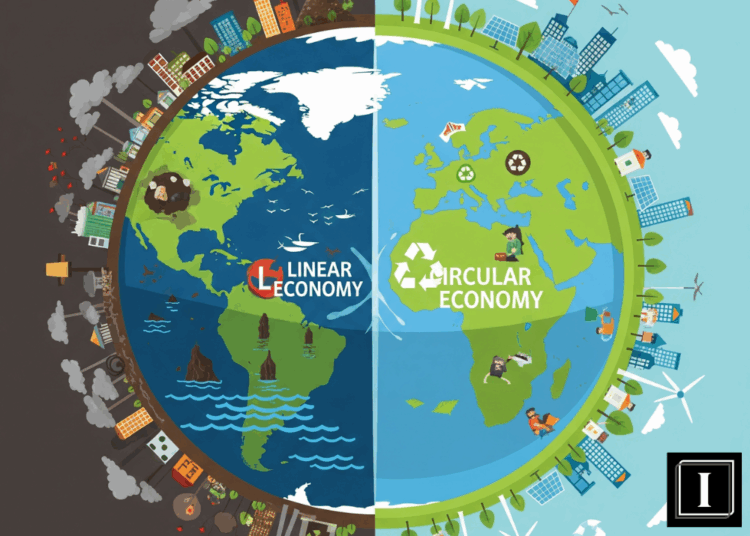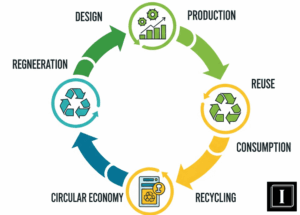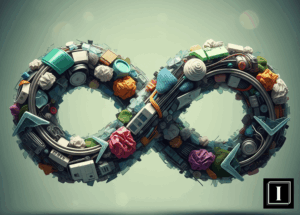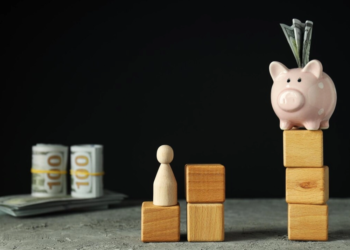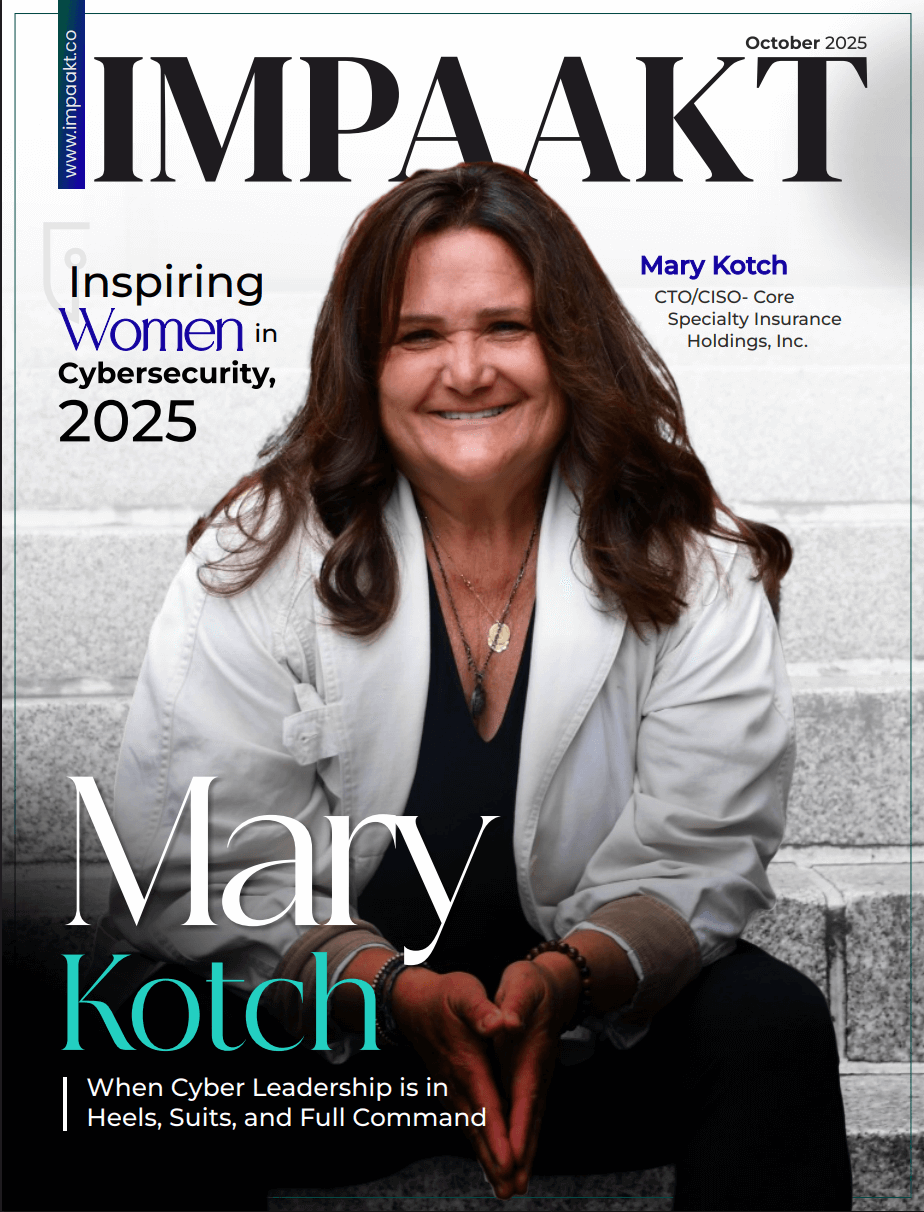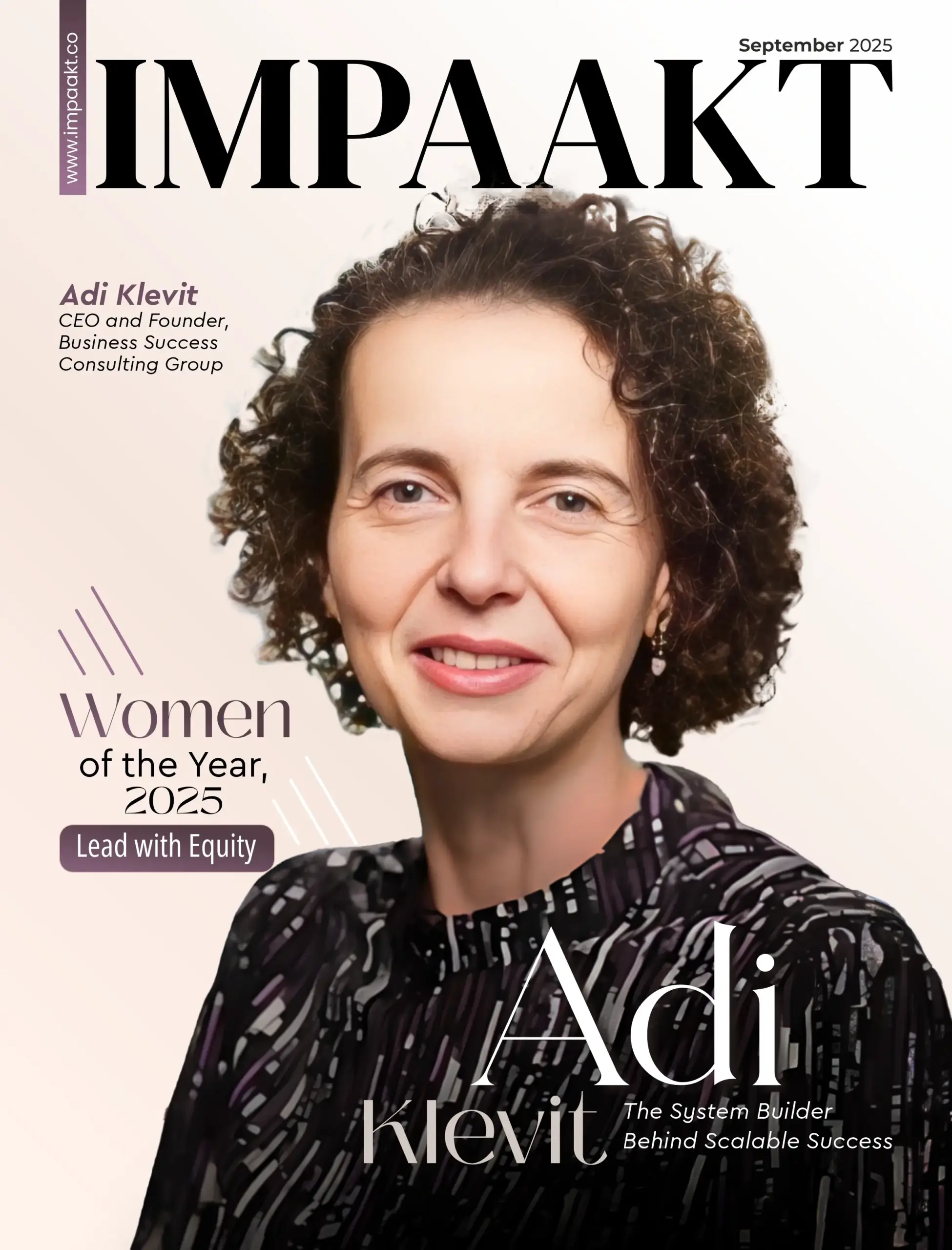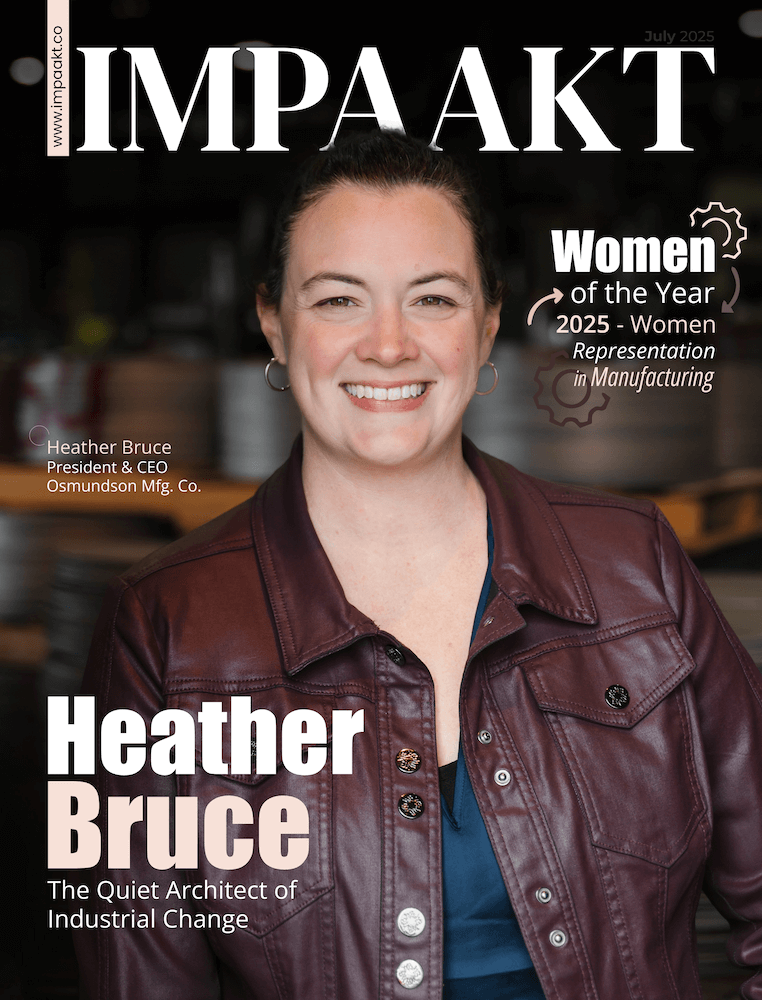🌍 Understanding the Circular Economy
As environmental concerns grow, the global community is seeking innovative solutions to ensure sustainable development. One of the most transformative concepts emerging today is the circular economy—a model that redefines traditional consumption and production processes to minimize waste and maximize resource efficiency.
📘 What is a Circular Economy?
At its core, the circular economy is a regenerative system that contrasts sharply with the conventional linear model of “take, make, dispose.” Instead of discarding products after a single use, the circular economy encourages reuse, repair, refurbishment, and recycling, keeping materials in circulation for as long as possible.
The circular economy definition goes beyond just recycling—it’s about designing systems and products that promote long-term sustainability. This means everything from production processes that use fewer virgin materials to consumption habits that prioritize durability and sharing over disposability.
🔄 Circular Economy and Sustainable Consumption
The circular economy is directly aligned with sustainable consumption and production, aiming to reduce the environmental impact of economic activity. This approach shifts focus from ownership to access, from mass consumption to mindful usage, and from short-term profit to long-term environmental value.
Sustainable consumption encourages consumers to choose products and services with minimal environmental impact. Meanwhile, producers are urged to adopt energy-efficient processes, ethical sourcing, and circular design principles. When applied broadly, this model supports a more resilient, eco-friendly economy that benefits businesses, consumers, and the planet.
🎯 Circular Economy and SDG 12
The United Nations Sustainable Development Goal 12 (SDG12) focuses on ensuring responsible consumption and production patterns. The circular economy plays a pivotal role in achieving this goal. By promoting practices such as product life extension, resource recovery, and eco-innovation, the circular model helps reduce the environmental footprint of industries and individuals alike.
SDG12 calls for global efforts to halve food waste, reduce material footprints, and ensure companies adopt sustainable practices. All of these align seamlessly with circular economy principles, making it a key strategy for countries aiming to fulfill their climate and sustainability commitments.
🧠 Circular Economy in Action: Real-World Applications
The implementation of a circular economy is already reshaping industries across the globe. Here are some practical applications:
-
Fashion: Brands are embracing circular fashion by designing clothes meant to last longer, be repaired, or recycled. Second-hand platforms and clothing rental services are also gaining popularity.
-
Technology: Tech companies are developing modular electronics that are easier to upgrade and repair, reducing e-waste.
-
Food Systems: Circular agriculture practices promote composting, food redistribution, and waste-to-energy solutions, addressing both sustainability and food security.
These examples demonstrate how shifting to circular thinking can drive innovation, efficiency, and environmental responsibility.
🏭 Circular Economy in Business and Policy
Businesses and policymakers are key drivers in the transition to a circular economy. Enterprises are recognizing the financial and reputational benefits of sustainable models, while governments are developing regulations and incentives to support circular practices.
Some countries have implemented extended producer responsibility (EPR) laws, requiring companies to manage the end-of-life of their products. Meanwhile, the EU’s Circular Economy Action Plan aims to make sustainable products the norm and reduce consumption footprints across member states.
By adopting circular strategies, companies can lower costs, improve resilience, and meet growing consumer demand for eco-conscious products.
💡 Why the Circular Economy Matters Now
The urgency of climate change, resource depletion, and pollution has made the case for the circular economy stronger than ever. With the global population expected to exceed 9 billion by 2050, the current linear model is unsustainable.
Transitioning to a circular system is not just an environmental imperative—it’s an economic opportunity. According to estimates, circular strategies could generate trillions of dollars in economic benefits and create millions of jobs worldwide. Additionally, consumers are increasingly favoring brands that align with ethical and sustainable values.
🛠 Steps Toward Embracing the Circular Economy
Individuals, businesses, and governments can contribute to the circular economy by taking the following actions:
-
Consumers: Buy less, choose durable products, repair rather than replace, and support second-hand or rental options.
-
Businesses: Redesign products for longevity and recyclability, implement closed-loop manufacturing, and measure environmental impact.
-
Policymakers: Promote circular legislation, provide incentives for sustainable innovation, and invest in green infrastructure.
Collectively, these steps can build momentum toward a more sustainable, resilient global economy.
🚀 The Future is Circular
The circular economy offers a promising pathway to achieving sustainability without sacrificing growth. It fosters innovation, reduces environmental harm, and aligns with global goals like SDG12. As awareness grows and technologies evolve, circular models will likely become mainstream—replacing the outdated linear approach that no longer serves our planet.
Dive deeper into circular economy solutions and business impact—explore more on IMPAAKT, your top business magazine.
